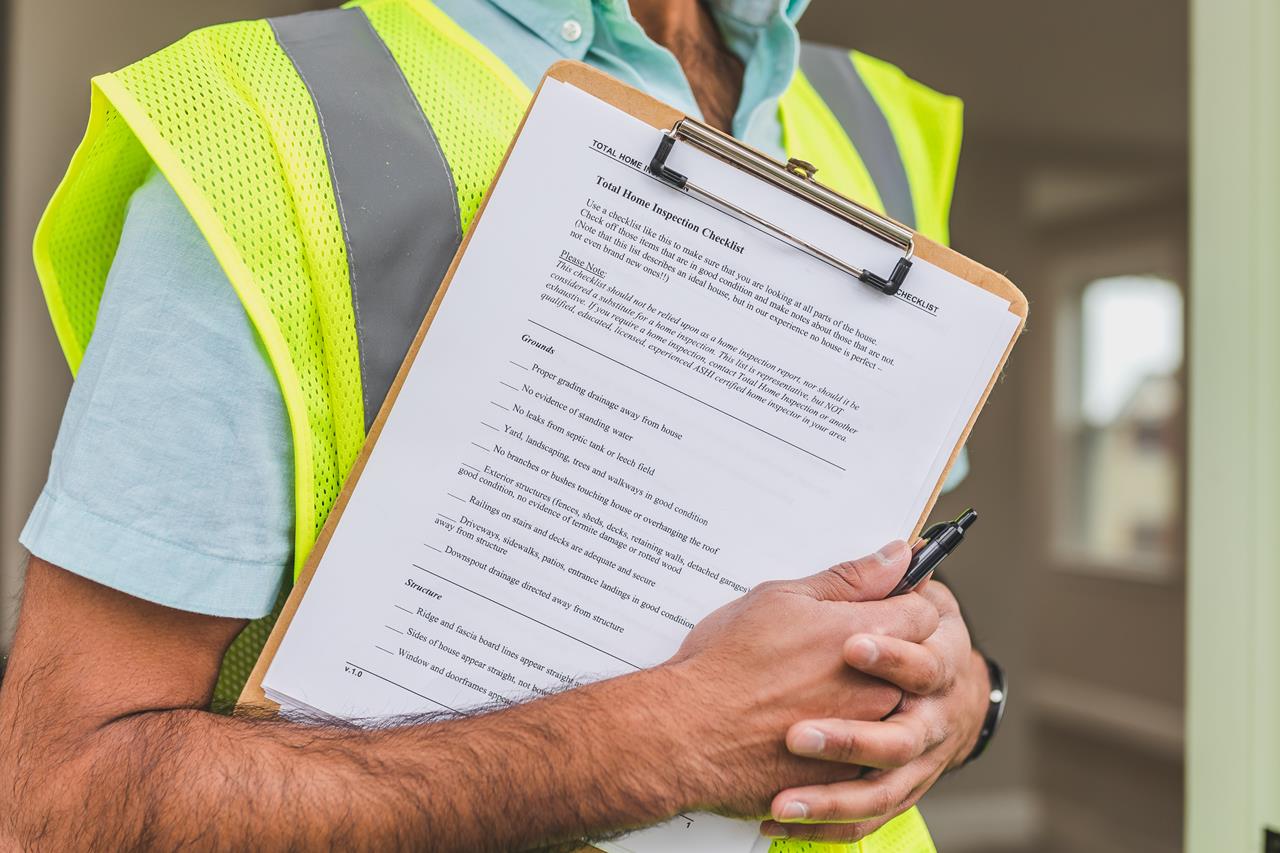In today’s evolving regulatory and operational landscape, businesses in South Africa are under growing pressure to maintain high standards of safety, environmental responsibility, and compliance. This has led to a surge of interest in AI-driven EHS monitoring South Africa, where cutting-edge technologies like artificial intelligence (AI) and machine learning help organizations proactively manage risks, streamline compliance processes, and strengthen workplace safety strategies.
Forward-thinking companies are turning to solutions like Ariscu’s Smart Risk Management for SA Company Legal Compliance to ensure they not only comply with South Africa’s legal framework but also embed a culture of proactive safety and sustainability. For more expert insights into AI-powered compliance, readers can also visit the Ariscu blog, which regularly covers innovations in safety, risk, and compliance.
Why AI-driven EHS Monitoring Matters in South Africa
South Africa’s business environment is unique, with complex legal requirements, strict workplace safety regulations, and industries that range from mining and manufacturing to healthcare and retail. Traditional methods of EHS (Environmental, Health, and Safety) monitoring often struggle to keep pace with these challenges.
AI-driven EHS monitoring South Africa provides a dynamic solution by automating data collection, identifying patterns, and detecting risks before they escalate. For example, AI EHS monitoring tools can analyze workplace incidents in real time, ensuring faster responses and predictive insights that traditional systems cannot deliver.
This means organizations can shift from a reactive stance to a proactive approach—anticipating hazards, improving worker safety, and reducing compliance-related penalties.
The Role of AI EHS Monitoring Tools
AI EHS monitoring tools play a central role in redefining compliance and risk management. These platforms combine real-time data analytics with automation to minimize human error and improve reporting accuracy.
In the South African context, these tools are particularly valuable due to:
- Complex Legal Requirements: South Africa has stringent occupational health and safety regulations. AI tools simplify compliance by automating reporting and tracking regulatory updates.
- High-Risk Industries: From mining to energy, industries face elevated safety risks. AI-driven systems allow predictive risk assessment and monitoring of hazardous environments.
- Resource Optimization: AI reduces the time and cost associated with manual audits and compliance checks.
By adopting machine learning compliance solutions, companies ensure that compliance is not just a box-ticking exercise but an integrated, predictive strategy.
Machine Learning Compliance in South Africa
Machine learning compliance is a game-changer for organizations navigating South Africa’s demanding regulatory landscape. By processing vast volumes of data, machine learning models can:
- Detect anomalies in workplace safety records.
- Predict compliance risks before they become violations.
- Automatically update risk frameworks when regulations change.
This creates a dynamic compliance ecosystem where regulations are continuously tracked and matched against a company’s safety and operational data. For businesses in South Africa, machine learning ensures compliance with local frameworks such as the Occupational Health and Safety Act, without the need for constant manual oversight.
AI Workplace Safety in South Africa (SA)
AI workplace safety SA is about more than just preventing accidents; it’s about embedding technology-driven awareness into every corner of the workplace. Imagine a mining operation where AI sensors track air quality, worker fatigue, and machinery conditions simultaneously. By integrating AI into safety systems, businesses can:
- Prevent incidents with predictive maintenance alerts.
- Monitor real-time safety data for quicker responses.
- Improve employee well-being by reducing exposure to high-risk conditions.
This proactive strategy builds trust among employees and stakeholders, as companies demonstrate a commitment to leveraging modern technology for safety and sustainability.
Predictive AI Compliance: Staying Ahead of Risks
Traditional compliance frameworks often rely on retrospective audits. However, predictive AI compliance changes this model entirely. By using historical data combined with real-time analytics, predictive AI identifies future risks and compliance gaps before they occur.
For South African companies, this means being prepared for regulatory inspections, reducing costly downtime, and avoiding fines associated with non-compliance. Predictive AI compliance also aligns with global ESG (Environmental, Social, and Governance) priorities, helping organizations operate responsibly while maintaining competitiveness.
AI Risk Detection Software: Safeguarding South African Industries
At the heart of AI-driven EHS monitoring is AI risk detection software. These solutions continuously scan data for signals of potential hazards—whether that’s an equipment malfunction, unsafe employee behavior, or environmental irregularities.
In South Africa, industries such as mining, oil and gas, and construction are especially dependent on robust risk detection systems due to the inherently hazardous nature of their operations. AI risk detection software ensures that:
- Risks are identified early.
- Safety interventions are immediate.
- Compliance reporting is automatic and transparent.
By combining AI with human expertise, companies can maintain safer operations and protect their workforce while meeting regulatory demands.
How Ariscu Leads AI-driven EHS Monitoring in South Africa
Ariscu is at the forefront of providing AI-driven EHS monitoring South Africa solutions. With a focus on smart risk management, the company integrates AI, machine learning, and compliance automation into a seamless platform tailored for South African businesses.
Their tools not only improve legal compliance but also empower organizations to anticipate risks and build a culture of workplace safety. By embedding AI EHS monitoring tools into everyday business processes, Ariscu enables companies to reduce risks, enhance safety, and ensure long-term sustainability.
For businesses looking to future-proof their compliance strategies, Ariscu represents a trusted partner in navigating South Africa’s regulatory and operational landscape.
FAQs on AI-driven EHS Monitoring South Africa
What is AI-driven EHS monitoring in South Africa?
It is the use of artificial intelligence to manage workplace safety, environmental impact, and compliance in South African industries.
Why is AI-driven EHS monitoring important for compliance?
It ensures businesses can predict risks, meet legal obligations, and avoid penalties through automated compliance and reporting tools.
How does Ariscu support AI-driven EHS monitoring?
Ariscu provides smart risk management platforms that combine AI, machine learning, and compliance automation tailored for South African businesses.
Which industries benefit from AI-driven EHS monitoring?
Industries such as mining, manufacturing, healthcare, construction, and energy benefit most from AI-driven safety and compliance tools.
How can businesses implement AI-driven EHS monitoring effectively?
Businesses should partner with experts like Ariscu, integrate AI tools into daily processes, and train employees for seamless adoption.
Conclusion
The future of workplace safety and compliance in South Africa is being shaped by AI-driven EHS monitoring South Africa. From AI EHS monitoring tools and machine learning compliance to predictive AI compliance and AI risk detection software, organizations now have powerful solutions to anticipate risks, safeguard employees, and meet regulatory requirements.
Ariscu stands as a leader in delivering AI workplace safety SA solutions, empowering South African businesses to achieve proactive compliance and resilience. By adopting these tools today, companies can secure safer, more sustainable operations for tomorrow.







